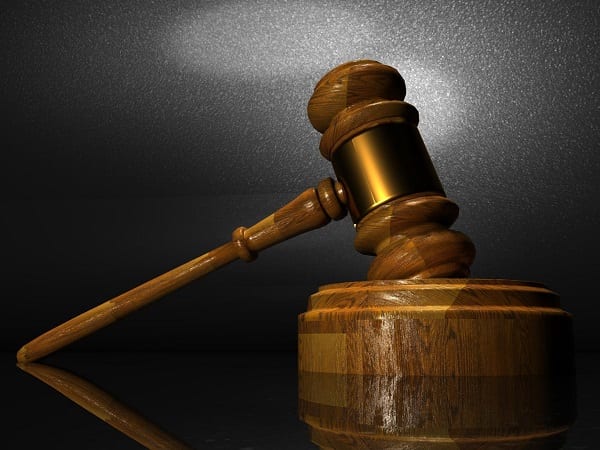BALTIMORE, MD—Maryland Attorney General Brian E. Frosh on Friday joined a multistate coalition in filing a motion to intervene in a lawsuit to defend the nation’s Clean Car Standards against a challenge by the Competitive Enterprise Institute (CEI). The coalition seeks to counter any arguments that the Environmental Protection Agency (EPA) and the National Highway Transportation Safety Administration (NHTSA) should have adopted weaker greenhouse gas emission and fuel economy standards, as well as to oppose any attempts to limit the ability of these agencies to adopt more robust standards in the future.
Friday’s filing is separate from Attorney General Frosh’s lawsuit, filed May 27, challenging the Trump administration’s Safer Affordable Fuel-Efficient Vehicles (SAFE) rule, arguing that the lenient new rule would endanger public health and the environment.
“The EPA and NHSTA are required by federal law to adopt clean car standards that reduce air pollution and combat climate change,” said Attorney General Frosh. “The Trump administration’s changes will cost consumers money, endanger the health of untold thousands of Americans, and undermine decades of progress in fighting air pollution.”
In 2010, the EPA, the NHTSA, the California Air Resources Board, and car manufacturers established a unified national program harmonizing state and federal greenhouse gas emission standards as well as federal fuel efficiency standards. Two years later, the agencies extended the national program to model years 2017-2025 vehicles. As part of the program, the EPA completed the midterm evaluation to determine if the greenhouse gas emission standards for model years 2022-2025 vehicles should be maintained or revised. However, shortly after the EPA issued a final determination affirming that the existing standards were appropriate and would not be changed, the Trump administration issued a new mid-term evaluation that alleged the standards were no longer appropriate or feasible. On March 31, 2020, a final rule rolling back the Clean Car Standards was announced.
The SAFE rule takes aim at the corporate average fuel efficiency standards, requiring automakers to make only minimal improvements to fuel economy: 1.5 percent annually instead of the previously anticipated annual increase of approximately 5 percent. The rule also eliminates the requirements to reduce vehicles’ greenhouse gas emissions.
In April, CEI filed a lawsuit challenging the SAFE rule. CEI claims that even the minimally higher fuel economy standards required by the rule distort the market, increase vehicle costs, and lead to more fatalities. In light of federal efforts to roll back the Clean Car Standards, the coalition seeks to intervene in order to defend the EPA and NHTSA’s authority to set the rigorous standards required by the Clean Air Act and Energy Policy and Conservation Act.
In October 2018, Attorney General Frosh, as part of a coalition of 21 attorneys general and the cities of Oakland, Los Angeles, San Jose, San Francisco and New York, submitted comments outlining several issues with the rollback proposal and demanding that the Trump administration withdraw it. Attorney General Frosh, as part of a coalition of 24 attorneys general and the cities of Los Angeles and New York, also challenged the Trump administration’s attempt to eliminate California’s greenhouse gas emission and zero emission vehicle standards.
In filing the motion, Attorney General Frosh is joined by the attorneys general of California, Colorado, Connecticut, the District of Columbia, Hawaii, Illinois, Maine, Massachusetts, Minnesota, Nevada, New Jersey, New York, North Carolina, Oregon, Pennsylvania, Rhode Island, Vermont, Virginia, Washington, and Wisconsin.
Do you value local journalism? Support NottinghamMD.com today.

